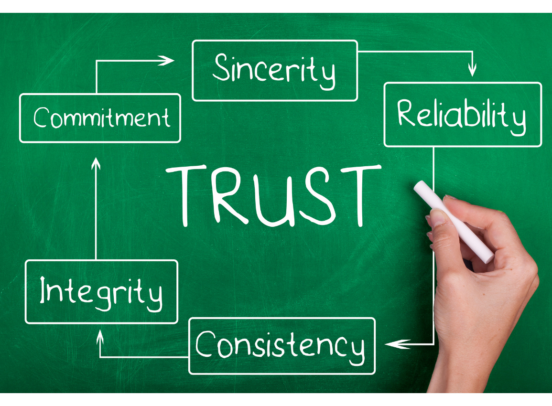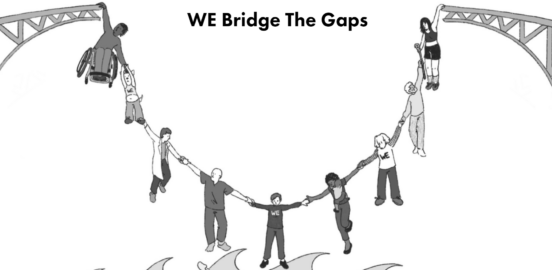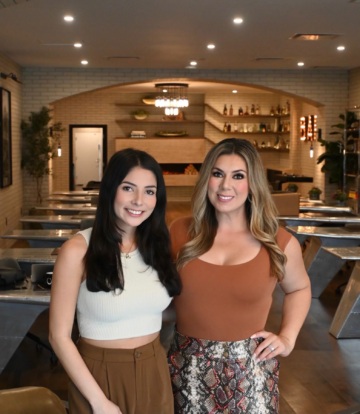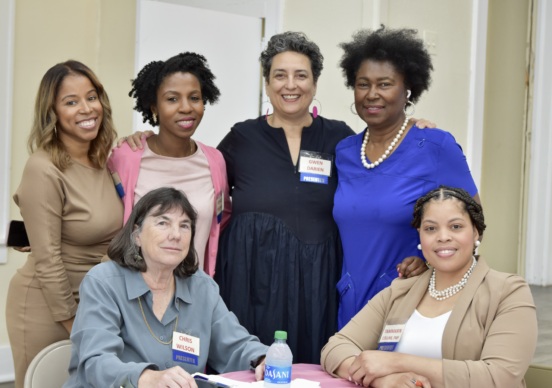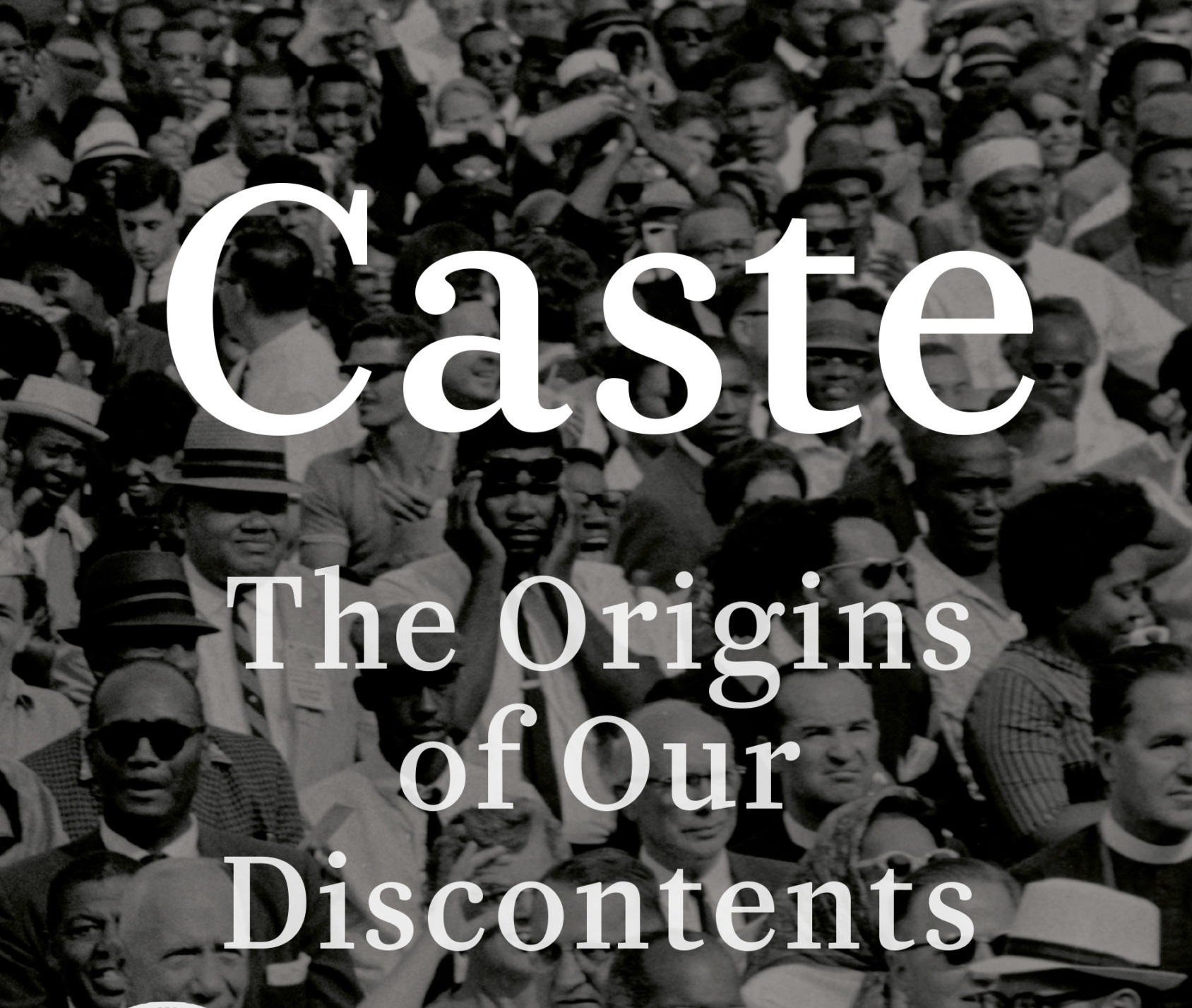
Sign Up for Book Club
“Identity” is a complex issue.
By Christine Wilson
We are all many things and identify ourselves in many ways. The concept of intersectionality has provided a framework for recognizing that each of us can be many things at once, a woman and a disabled person, an elite athlete and a gay person, a wife, mother and successful career woman.
There are identities that we are born with, those we choose or acquire, and also those which others assign us, often based on assumptions, judgements, stereotypes and biases. Identity, both in terms of how we define ourselves and how others define us has a deep and pervasive influence on how we interact with the health care system and whether we are able to achieve health equity in that system.
I recall a focus group in which a number of Black men living with HIV discussed their experiences with their providers. One man talked about how doctors automatically assumed that he was a drug user and sexually promiscuous because of his race and HIV status. He was neither and believed strongly that these assumptions were an obstacle to being able to communicate effectively and build mutual trust with his physicians, to be seen for who he actually was.
Kellen Baker, PhD is a transgender man, an identity that increasingly faces hostility and limitations to accessing the care individuals need to achieve health and well being. He says in his podcast for Advocates in Action, “I was literally unable to recognize my face in a mirror before I received gender affirming care that allowed me to be who I am, and that is something, that experience of being able to be fully in your body, to be fully who you are that I want for everybody. I want it for trans people, I want it for cisgender people, for young people and adults.”
Adrienne Moore is a Black woman, a two-time cancer survivor and advocate, who describes how she was denied care because she lost her health insurance and how her symptoms were ignored for months because “those symptoms are very common in Black women.” In her Advocates in Action podcast she talks about how her identity as an uninsured person made her feel “unworthy” of health care, and her identity as a Black woman made her feel unheard.
In this country, identity has a direct impact on access to and quality of care. People can be denied care because of their race or ethnicity, because they are poor or uninsured, or because their identity somehow is counter to some one’s cultural, religious or political beliefs, or their life choices or lives have led to difficult health care problems. Too often, the assumptions lie just beneath the surface. Black patients are underrepresented in clinical trials because doctors assume they are not interested or won’t adhere to the protocol. Patients who do not speak English as their first language are assumed to be unable to comprehend their medical care. Disabled persons encounter frequent obstacles to be heard, seen and acknowledged, all significant barriers to optimal health care and health equity.
It is important to bring these negative implicit and explicit biases to the surface and address them in conscious, systemic, action-oriented, accountable ways. But there is an even stronger, more compelling reason to recognize the positive potential of allowing every individual to be who and what they want to be and honor that universe of identities in our delivery of health care. Andrew Solomon, author of Far From the Tree, says, “When we forge meaning, we build identity,” and goes on to explain, “We are not finding fault or self-blaming, we are deciding for ourselves what we will make this mean.”
Kellen Baker summarizes the benefits of respecting our diverse identities and building that respect into our health care system in his podcast. “Justice,” he says, “is positive tension…There are so many opportunities…for everyone to get access to these benefits, these resources, these protections…to be ourselves, to be fully embodied, to be moving through the world as we were meant to be, and the power of the health care system to focus on that goal, bring us all together in that positive tension, that search for justice.”
Trust
Caregiving, Health Literacy, Needs Navigation, Trust
Caregiving, Storytelling, Trust
Equity, Policy Consortium

